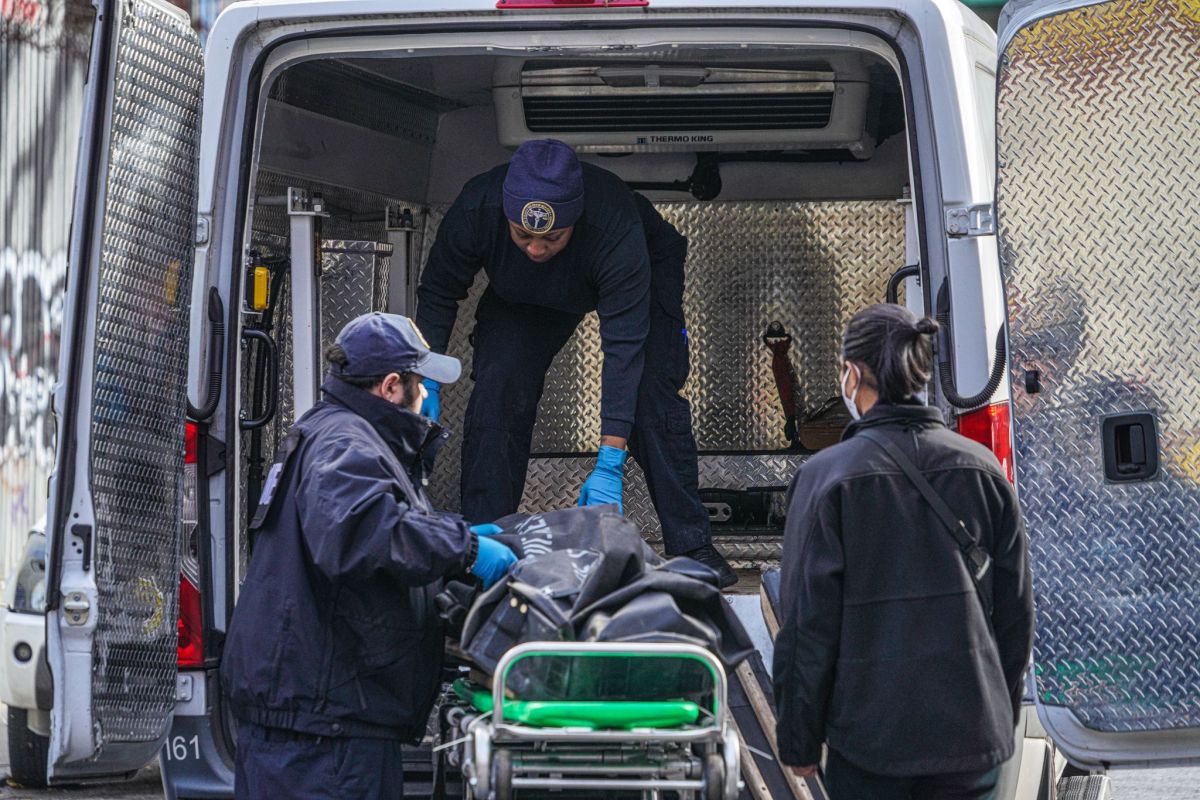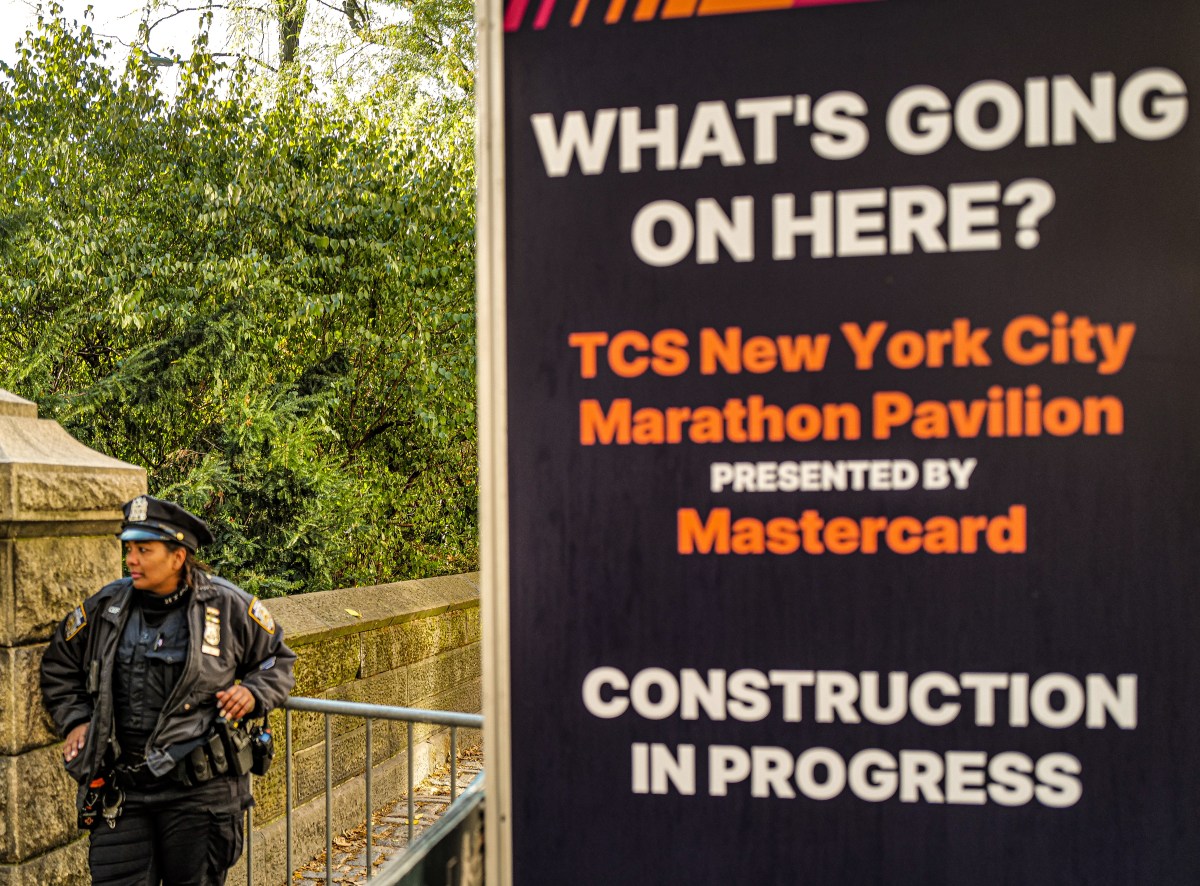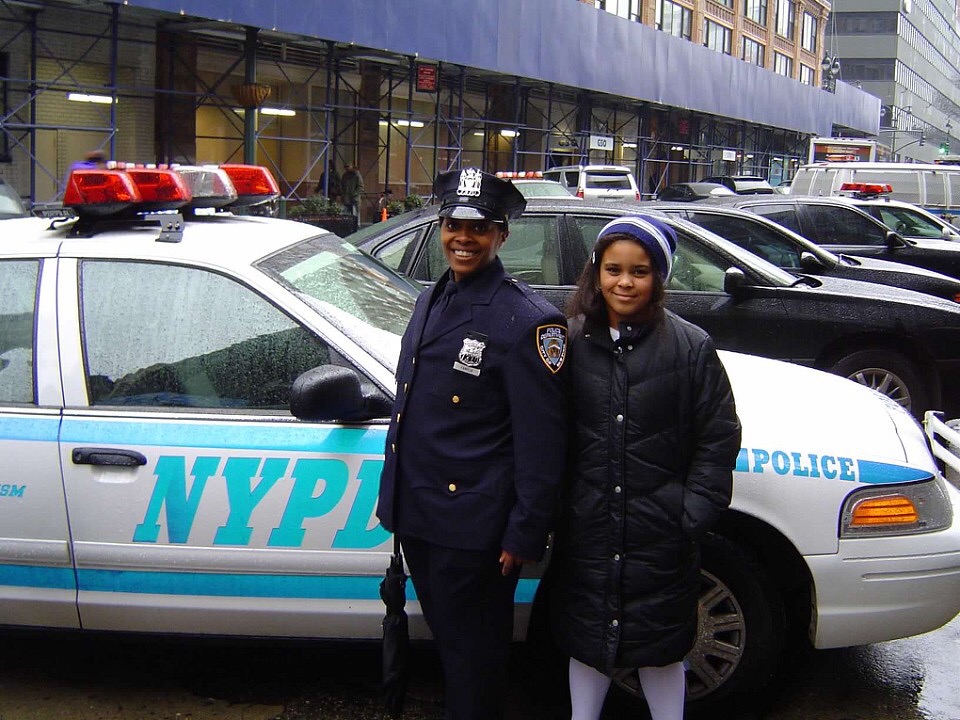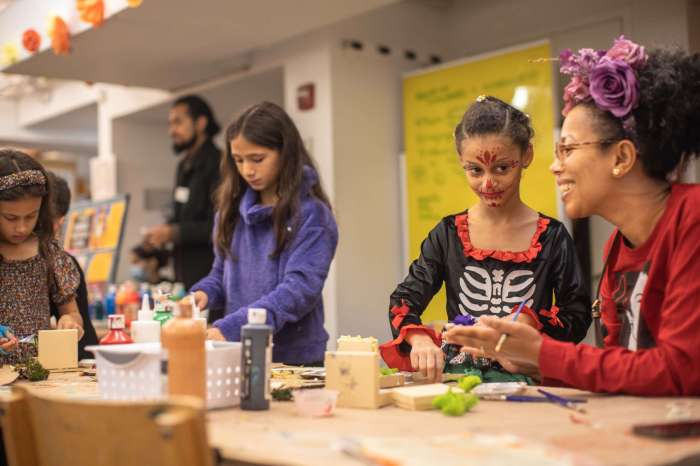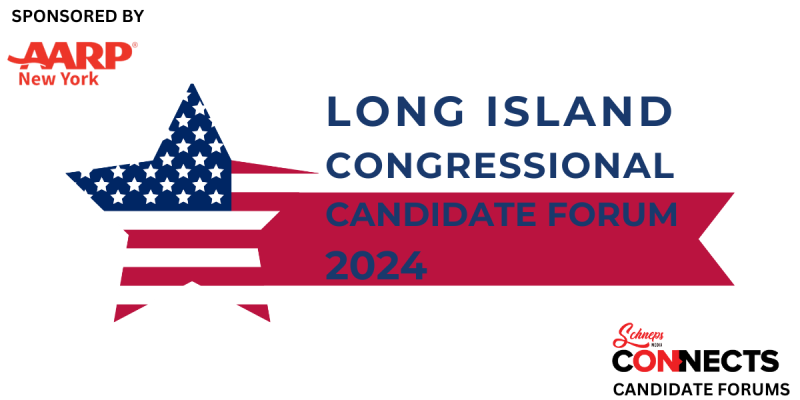The miracle of childbirth has increasingly turned into a systematic nightmare for women of color in emergency rooms in this state, and across the country. In the Bronx, mothers have been experiencing some of the worst maternal health outcomes in all of New York, and the mortality rate for Black women who give birth is much higher than for women of other races.
It’s not just Black mothers imperiled in the delivery room, however, as more than 50,000 American women are harmed giving birth each year, according to the CDC. Overall, New York mothers have high rates of serious complications related to childbirth, but Black, Latino and Asian woman are more likely to experience those complications, and also to die as a result of pregnancy-related causes.
It’s why state Assemblywoman Nathalia Fernandez, along with maternal health care advocates are pushing for passage of Hospital Equity and Affordability Law (HEAL), which could help alleviate a health crisis that has been exacerbated by the pandemic — it could also put an end to anti-competitive practices from private hospitals and inequitable access for mothers who seek treatment.
The bill would prohibit hospital networks from striking similar contracting deals with insurers that have the effect of raising health care costs.
“We’re pushing for better outcomes so that not only can our babies live through childbirth, but also our mothers,” Fernandez, a Bedford Park Democrat, told the Times. “It’s far past time that we hold private hospital systems accountable for the role they play in preventing new and expecting parents in my district and across the five boroughs from getting access to the care they need.”
Data shows that New York state shows a relatively high rate of maternal mortality relative to other states in the country, with 20.8 deaths per 100,000 people, and 29% of those worst outcomes happening in the Bronx.
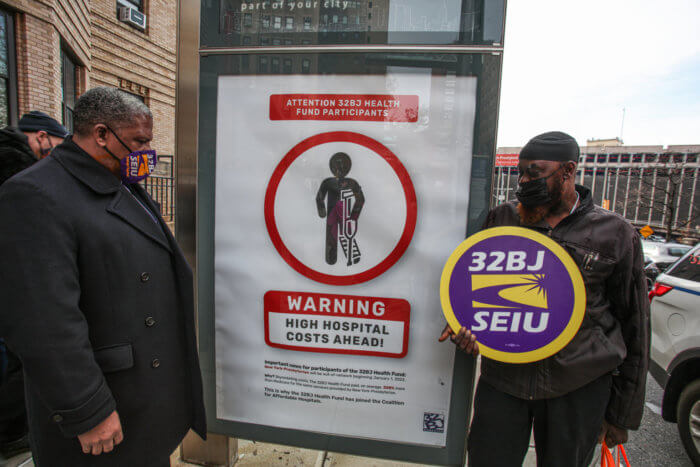
The Williamsbridge section — as reported in a March 2021 maternal health report from then-Bronx Borough President Ruben Diaz Jr. — has the borough’s worst maternal outcomes with 100 cases of severe maternal morbidity for every maternal death.
The fight to pass HEAL is personal for Flatbush Assemblywoman Rodneyse Bichotte, who lost her son Jonah in 2016 when she went into preterm labor when she was just 5-and-a-half months pregnant. Jonah’s name bears legislation that requires hospitals to inform expectant mothers if they are going into preterm labor and provide care to women with high-risk pregnancies.
State legislature passes bill in honor of Bichotte’s late son
“When I was carrying my late son, Jonah Bichotte Cowen, Presbyterian Hospital decided it did not care about my life,” said Bichotte. “It did not care about my son’s life. It cared about insurance and the cost that it would take to try to save our lives. They told us: Go home, go home, and die. That taught me to be strong, to be part of a movement, to help all women and families who suffer from this indignation where hospitals put more importance on cost than the parents’ health.”
In New York state alone, about 20 people die per 100,000 live births, and Black mothers are more than twice as likely to experience life-threatening complications during or after childbirth and more than eight times as likely to die from a pregnancy-related deaths.
“I think we still need to address that this is a race problem, it’s a socioeconomic issue that affects low-income families,” said Fernandez. “That is happening in New York City, and we need to talk about how women of color are at the top of these assessments of high maternal morbidity, but also have the least access to equitable health care.”
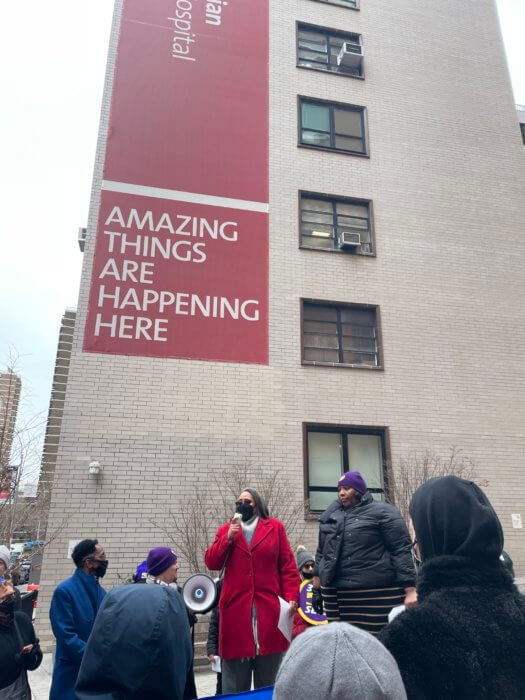
In 2020, first-of-its-kind program called the 32BJ Maternity Program offered high-quality prenatal and postnatal care and delivery at partner hospitals for as low as $40 in total out-of-pocket costs. However, advocates believe without a passage of HEAL, 32BJ could be flux as private hospitals could aim to lobby against the bill.
“HEAL will make it possible for other expecting New Yorkers to have the same access to pre-and-post-natal care – often with little to no copays — as participants of the 32BJ Health Fund,” said 32BJ Political Director Candis Tolliver. “Hospitals should be looking to partner with us and expand this important program rather than seeking to terminate it.”
Reach Robbie Sequeira at rsequeira@schnepsmedia.com or (718) 260-4599. For more coverage, follow us on Twitter, Facebook and Instagram @bronxtimes.


